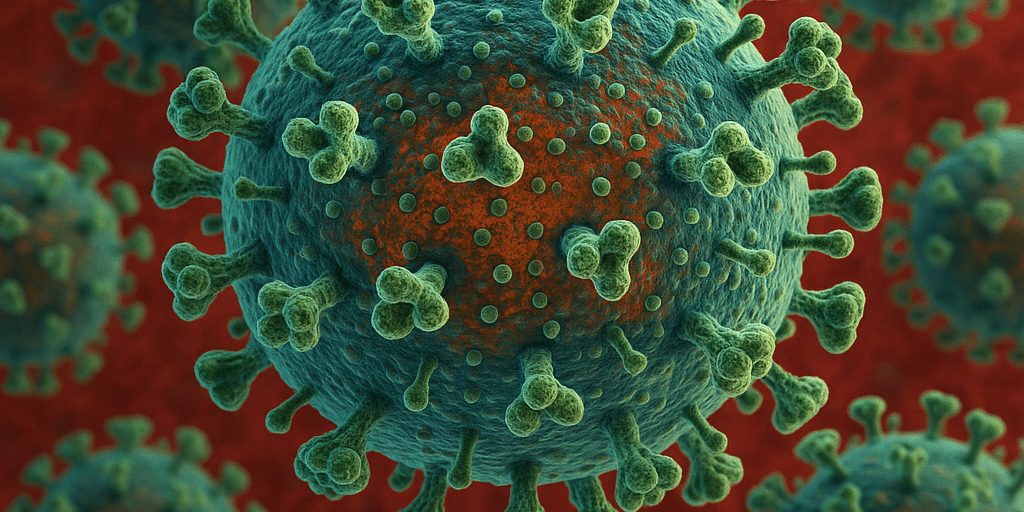A recent clinical trial is offering new hope in the fight against HIV. Researchers tested a new type of vaccine using mRNA technology—the same method used in COVID-19 vaccines—to see if it could trigger strong immune responses against the virus.
The trial, called HVTN 302, tested three different versions of an HIV vaccine in 108 healthy adults. Two versions used a membrane-bound form of the HIV protein (called Env), one with a small mutation to limit interactions with immune cells. The third used a soluble form of the protein. Each version was tested at two dosage levels.
Results showed that the membrane-bound versions led to stronger immune responses than the soluble version. Participants developed neutralizing antibodies that could block the virus, especially after the second and third doses. These antibodies stayed active for at least six months. Importantly, the vaccine also triggered memory B cells and T cells, which are key for long-term protection.
While most side effects were mild or moderate (like fatigue and headaches), seven participants developed a rash called chronic urticaria, which lasted for weeks or months. Researchers are now monitoring this side effect in follow-up studies.
This study suggests that mRNA technology can produce effective HIV vaccines, especially those that present the virus proteins in a way that mimics how they appear on the virus itself. By refining how the vaccine presents the HIV protein, scientists aim to improve the body’s immune response and move closer to a long-term solution for HIV prevention.
You can read the full study results summary by clicking here.
This page is also available in:
![]() Français
Français


